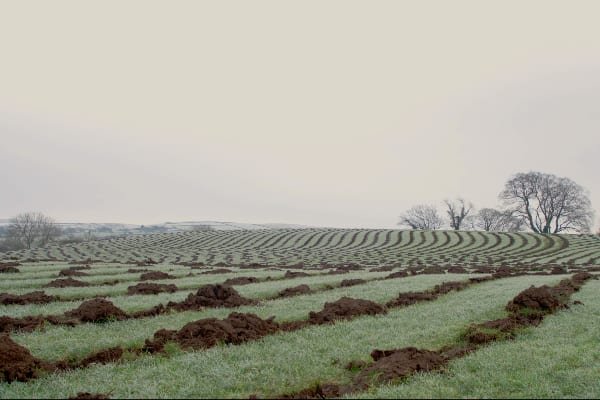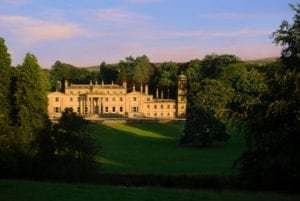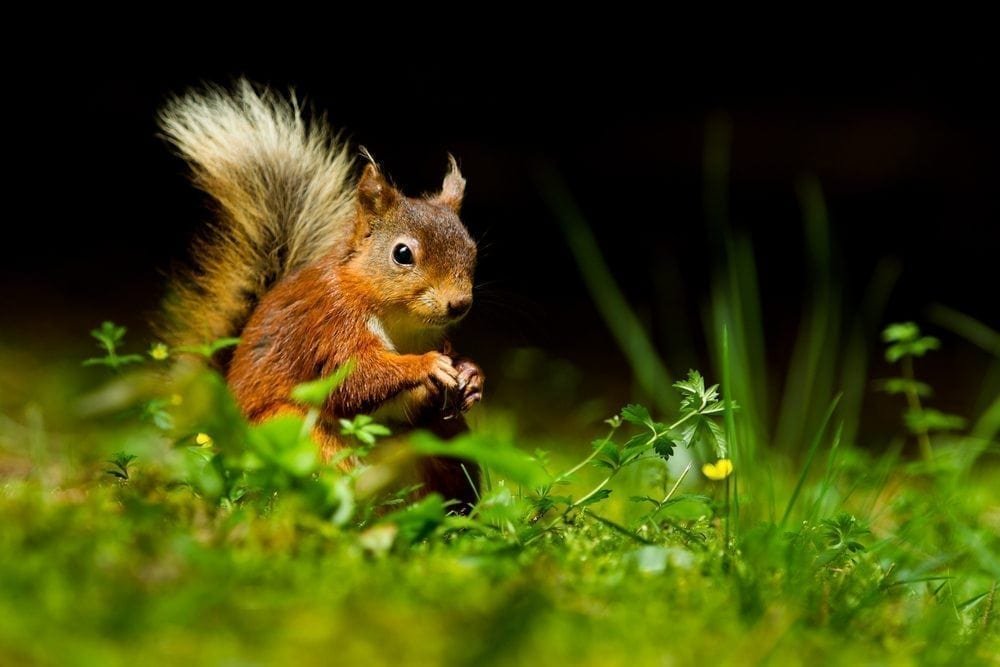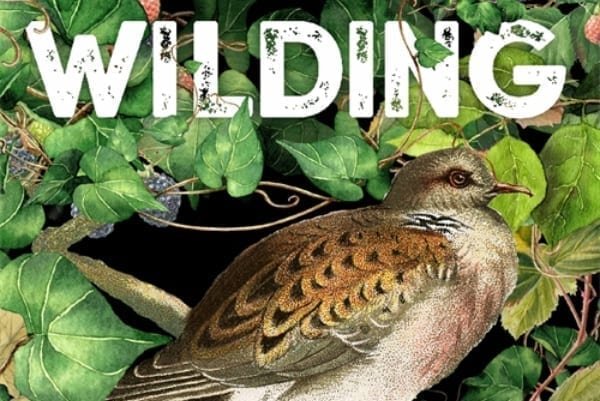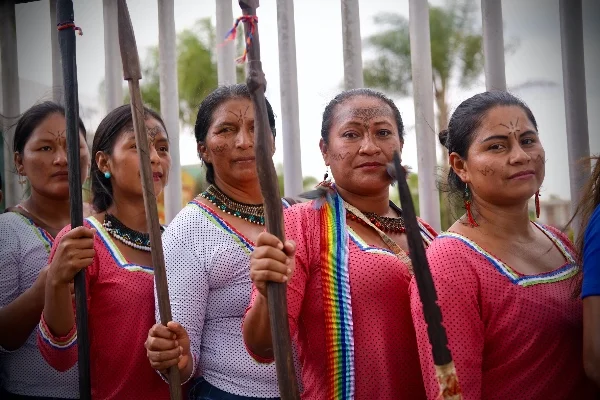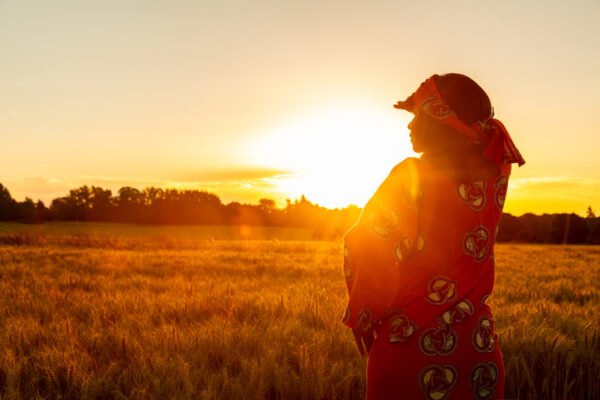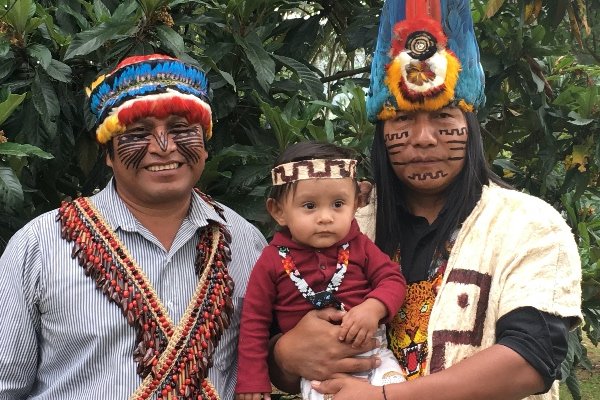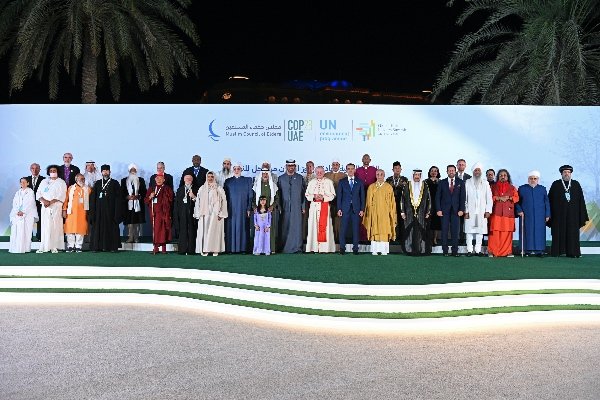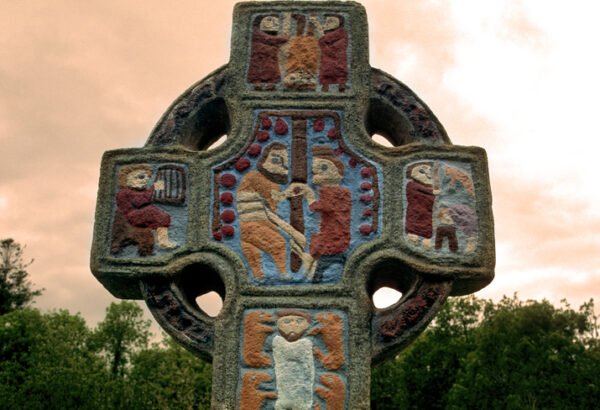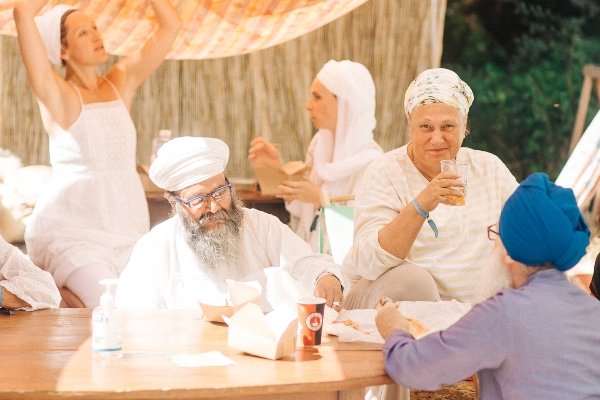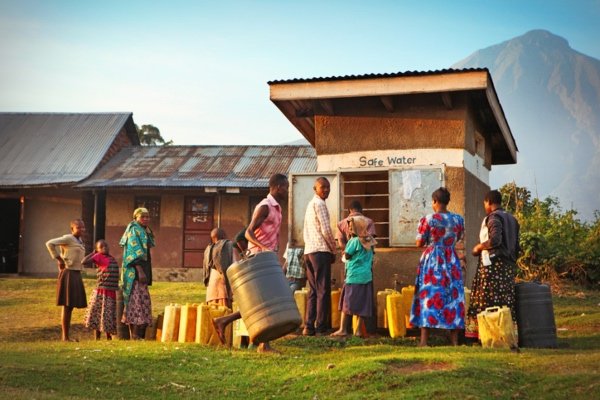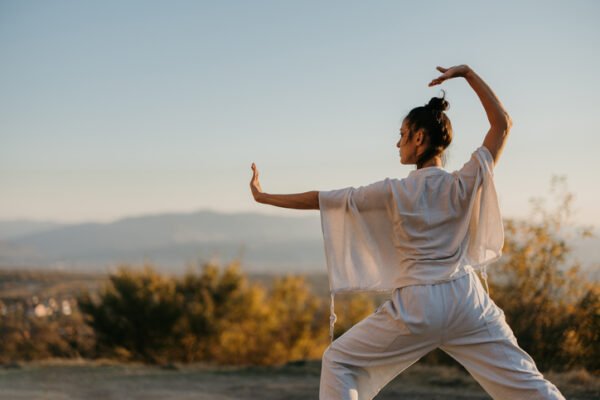This is just the opportunity I have been waiting for: the chance to combine major landscape-scale ecosystem restoration with holistic expert-led health and wellbeing programmes.
We’ve known for years that access to nature provides really significant benefits for depression, anxiety and obesity, but actual quantified evidence is still largely lacking – not least because the benefits are really difficult to measure.
With state-of-the-art facilities already in place at Broughton and an expert team on hand, we now have the opportunity to put that right.
A perfect circle
In the meantime, we need to crack on with the rewilding. The landscape may look wonderfully green, but it only has about 6% tree cover and is dominated by intensively sheep-grazed pastures. Like any monoculture landscape, this supports far less biodiversity than a mosaic of healthy habitats would, and it does us no favours in terms of flood risk, water quality and carbon sequestration.
We are aiming to rewild a third of the Estate; to kick things off, Broughton is host to the largest tree-planting project in the country. 230,000 native trees and shrubs have been planted courtesy of the White Rose Forest, which secured major funding from the £640m Nature for Climate Fund.
This is the completion of a perfect circle because, on behalf of Rewilding Britain, I briefed ministers for a parliamentary debate in late 2019 calling for a major increase in funding for nature to help mitigate climate change. That very positive event led directly to the creation of the Nature for Climate Fund.
Messing things up
It’s not just a reduction in sheep grazing followed by tree planting that is needed to kick-start rewilding at Broughton. Space for regenerating trees and scrub is equally important, and in due course we will create ponds and scrapes.
In a few years, when the trees have established sufficiently, we will need to introduce small numbers of native, widely roaming breeds of cattle – and possibly even a few ponies and ancient pigs – back into this landscape to help ‘mess things up’ and restore natural processes.
With nature-friendly farming and food production continuing on the other two-thirds of the Broughton Hall Estate, we hope this will be a model that encourages other landowners in the north of England to rewild in this way – just as the famous Knepp Castle Estate has proved a source of inspiration in the south.
 Play Video about This Rock Might Just Save The World
Play Video about This Rock Might Just Save The World Play Video about Play 2 hours of rock
Play Video about Play 2 hours of rock Play Video about Play 2 hours of brook
Play Video about Play 2 hours of brook Play Video about Play 2 hours of sheep
Play Video about Play 2 hours of sheep

















